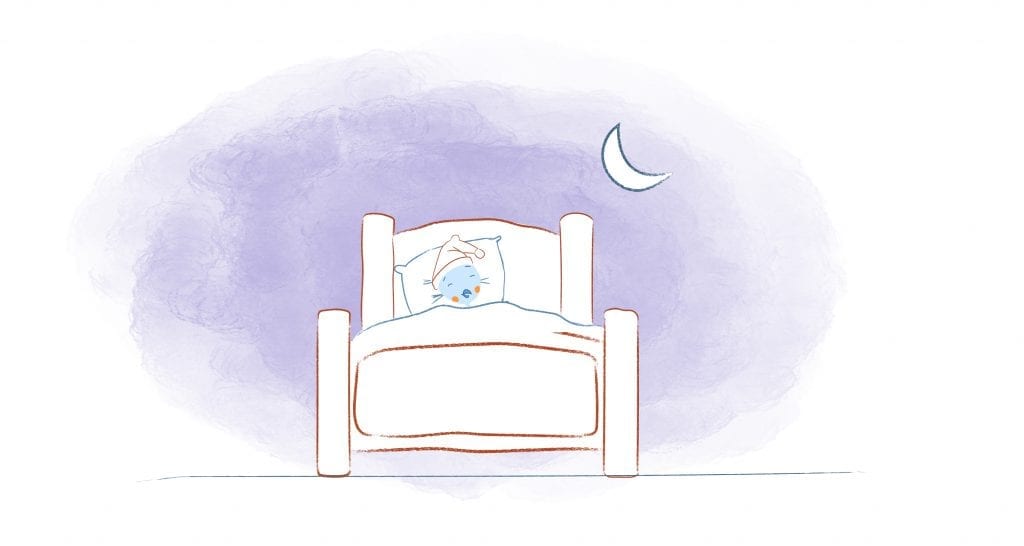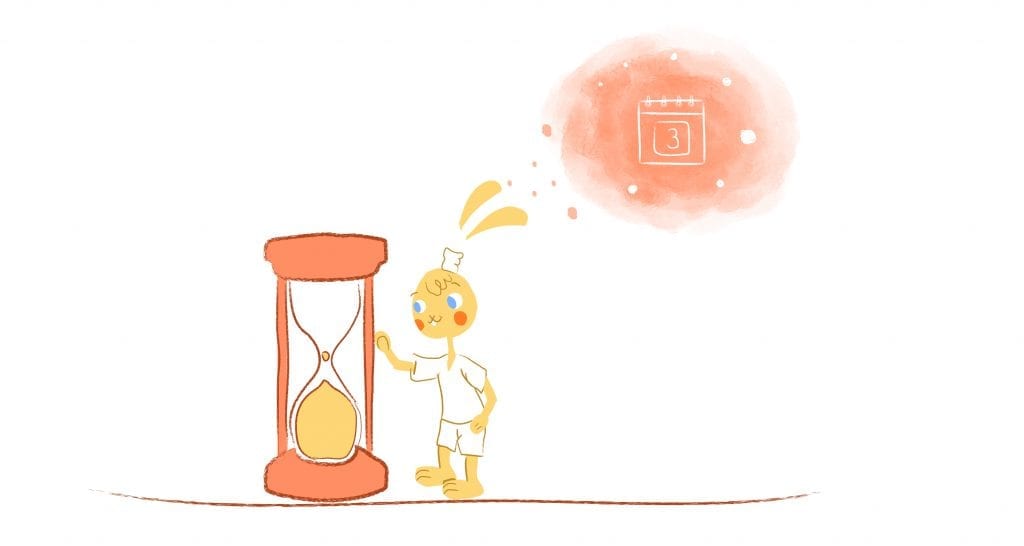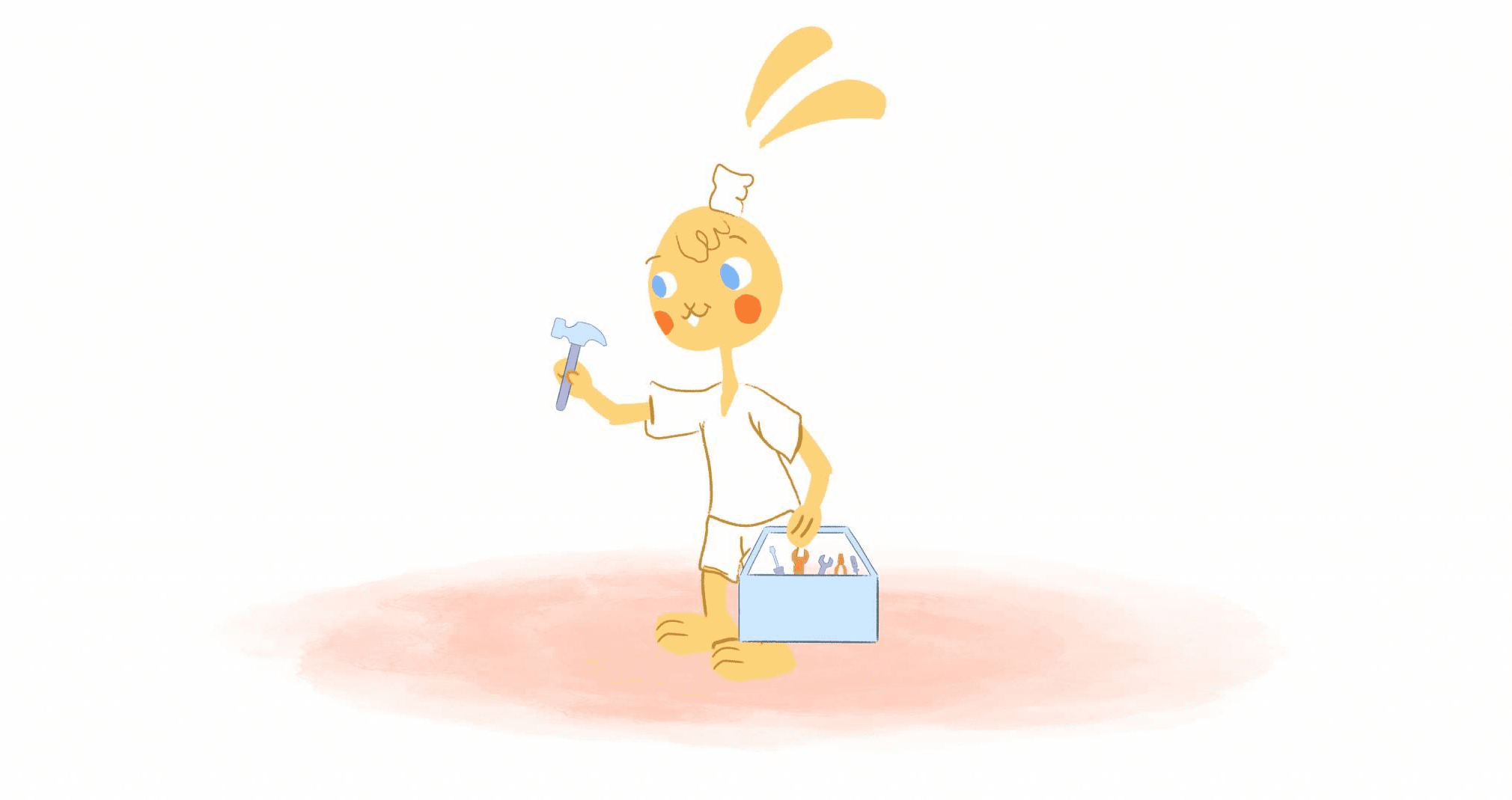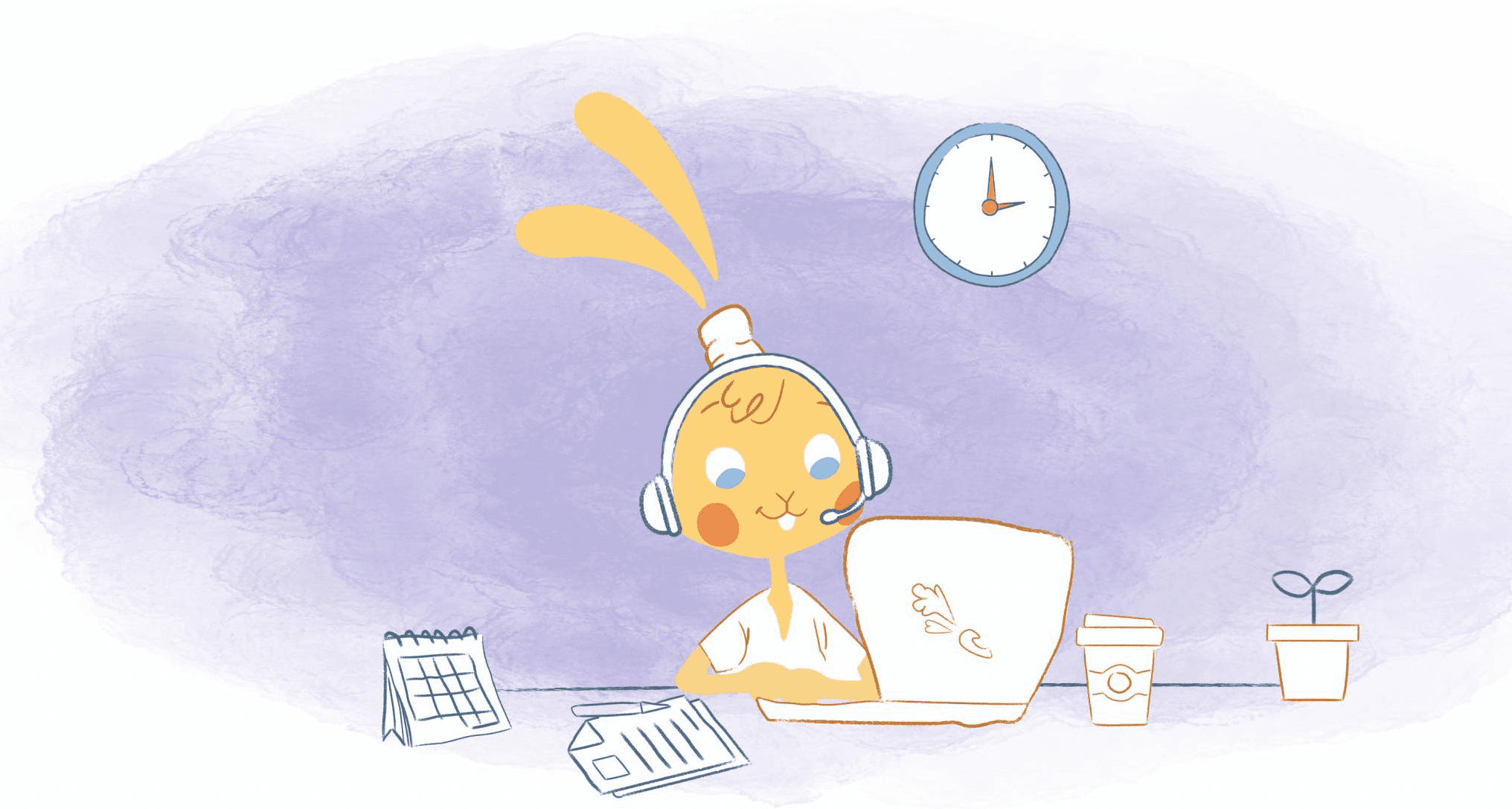

According to the National Sleep Foundation, adults should get seven to nine hours of sleep every night. And dropping below that can have serious consequences. In fact, research shows that a lack of sleep can lead to a number of problems, both mentally and physically. From decreased job performance to burnout and weight gain, nothing good comes from sleep deprivation.
So, are you getting enough sleep? If not, it might be time to reconsider your habits. To learn why, here are nine things that happen when you don’t get enough sleep at night.
1. Forgetfulness
After a restless night of tossing and turning, it’s easy to feel forgetful the next day. However, research shows that this forgetfulness actually has a longer life than you think.
According to a recent study, lack of sleep impacts an area of the brain responsible for forming long-term memories. So, when you’re not getting enough shuteye, you’re not only making yourself forgetful in the short-term, but the long-term too.
2. Burnout
If stress from work is already burning you out, the last thing you need is to let your sleep get you down too. A 2012 study, which sought to identify risk factors for potential burnout, examined a group of nearly 400 people over a two-year period.
Comparing factors of work stress, mood, sleep and health, researchers found that above all, sleep deprivation was the main risk factor most likely to lead to burnout.
3. Decreased productivity
It’s no surprise that a lack of sleep can leave you feeling fuzzy-headed and sluggish the next day. However, the consequences are worse than you can imagine.
Research has found that two consecutive nights of getting less than six hours of sleep can actually leave a person feeling sluggish and unproductive for the following six days.
4. Lowered work performance
In addition to getting adequate sleep, the consistency of your sleep is just as important. A recent study examined a group of students who kept sleep diaries. Half of these students were going to bed and waking up at the same time everyday, while the other half reported inconsistent sleep schedules.
The researchers then compared these sleep schedules with the classroom performance of the students, ultimately discovering that students who went to bed and woke up at the same time everyday performed better than students who did not.
5. Increased emotions
Sleepiness can cause a person to feel cranky and short-tempered, and that’s because sleep deprivation decreases a person’s ability to fully regulate their emotions.
One study reveals that even just one night of lost sleep can cause a person to lose control of their emotions, and respond more emotionally to stressful situation than they would if they were well-rested.
6. Weight gain
A lack of sleep not only affects a person mentally, but physically too. In fact, sleepless nights can actually result in extra inches added to your waistline. According to an earlier study, people who slept six hours or less every night had waistlines an average 1.2-inches larger than people who said they slept over six hours each night.
7. Poor health
With flu season upon us, the last thing you need is another reason to get sick. However, if you’re not getting sufficient sleep at night, there’s a good chance you’ll fall victim to the season’s cold. According to research, people who sleep less than six hours at night are more likely to catch a cold than people who sleep more than seven hours every night.
8. Accident prone
If you’re having trouble sleeping, the last thing you should do is get behind the wheel. Sleep deprivation causes a person to be more accident prone because it decreases a person’s ability to react to situations in a timely manner.
The National Highway Traffic Safety Administration estimates that fatigue and drowsiness is a cause in 100,000 auto crashes and 1,550 crash-related deaths a year in the U.S. Not only that, but when it comes to work, research reveals that sleep deprivation leads to more accidents and injuries on the job.
9. Anxiety and depression
Sleep deprivation has a direct relationship with a person’s mental health. And sleep disorders, like insomnia, have the strongest link to depression and anxiety. In an earlier study of 10,000 participants, people with insomnia were five times as likely to develop depression.
In a 2005 poll, people who were diagnosed with depression or anxiety were more likely to get six hours or less of sleep every night.











Rose Leadem
Rose is a writer and artist living in New York City. She writes for magazines, startups and websites, including Entrepreneur Magazine, Frontrunner Magazine, Homepolish and more.